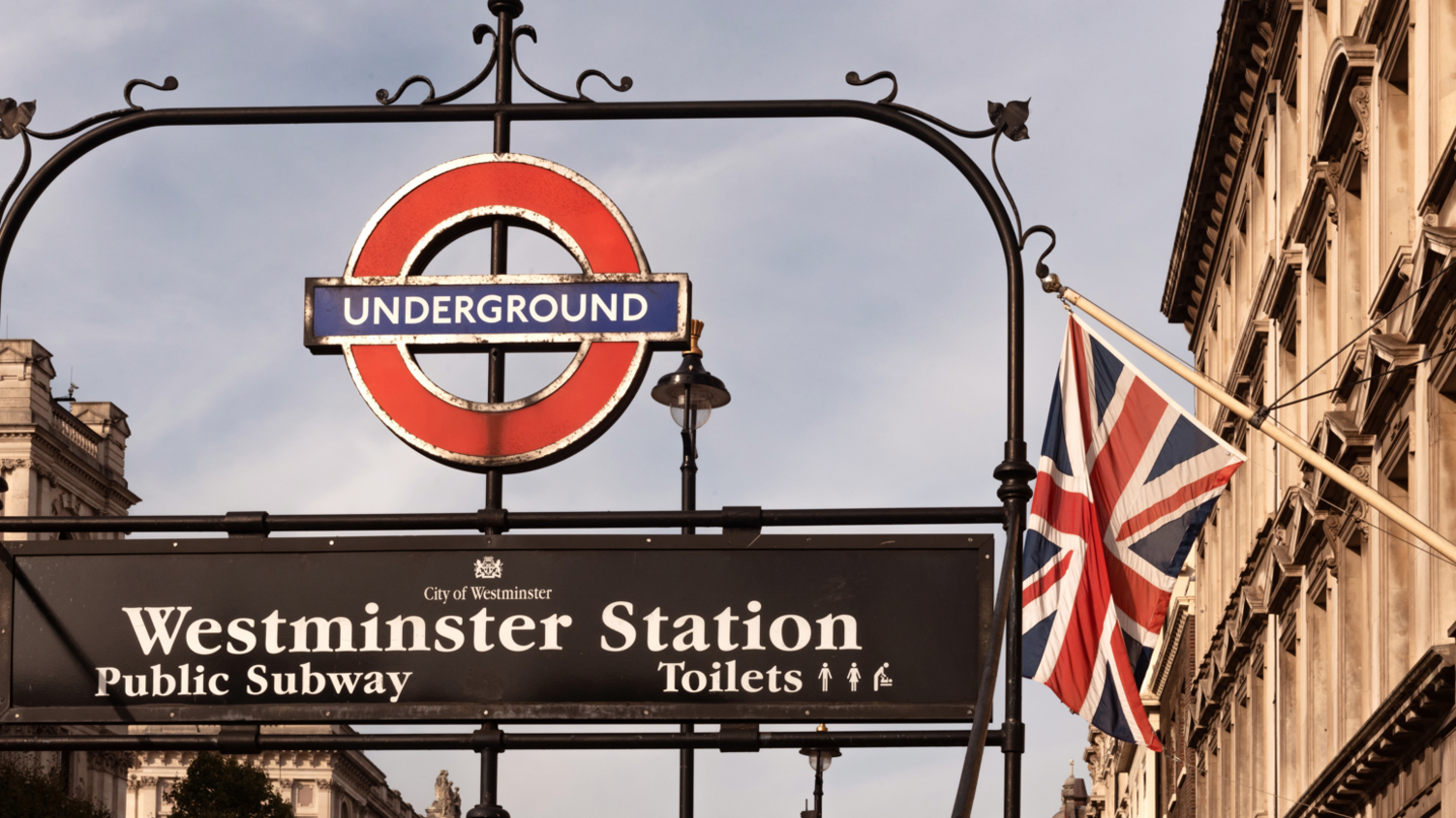What have we learned from the political betting saga?

- Published
Two weeks into the gambling saga and it just grows and grows.
What began as a discrete - and extraordinary - story about one Conservative candidate is now a sprawling tangle of claims about at least six Conservatives, a Labour candidate and six officers from the Metropolitan Police, some of whom are being looked at by the Gambling Commission and others, it appears, are not.
Specific claims are being merged into one melange which gives the impression that political actors are betting on political outcomes with surprising frequency.
Itās worth being clear that there are now some fairly distinct categories of allegation.
First, thereās the allegations against the two disowned Conservative candidates and the Member of the Welsh Parliament over bets allegedly placed on the date of the July election.
They have said they will cooperate with the Gambling Commission, which is investigating whether there has been any breach of the Gambling Act.
The commission has not identified any individuals it is looking into but has said if someone uses confidential information in order to gain an unfair advantage when betting, this may constitute an offence of cheating.
A bet on the timing of the election is also assumed to be the accusation against the member of Rishi Sunakās close protection team who has been suspended and arrested on suspicion of misconduct in public office.
Yesterday there were some slightly different allegations. Kevin Craig, a Labour candidate, was suspended by the party when it became apparent that the Gambling Commission was looking at him too ā albeit over a different kind of bet, one on the outcome in his constituency.
This is different because Mr Craig didnāt bet on the date of the election, but on the ā as yet unknown ā result in his seat.
Itās also interesting to note that Mr Craigās case may be an indication that the Commission has broadened its inquiries.
We thought they were simply looking at wagers placed on a July election in the days leading up to Mr Sunakās announcement. The fact they are looking at somebody who placed bets on a completely different market may suggest their probe is far wider now.
Then thereās Alister Jack, the Scottish secretary, who insists that he did not break any rules when earlier this year he placed a trio of bets, one successful, two unsuccessful, on the election date.
He has said he is not under investigation by the Gambling Commission.
All cases with their messy and uncertain specifics, and plenty of gaps to be filled in.
But if there is a common theme it is politicians and politicos more generally betting on politics.
One Labour candidate instantly got in touch after the news of Mr Craigās suspension broke to tell me they did not believe he would be the only candidate to have placed a bet on the outcome of the election.
Sir Ed Davey, the Liberal Democrat leader, told the “óĻó“«Ć½ today that he had placed a bet on his partyās fortunes at the 2010 general election. (He was over-optimistic and lost).
Are such bets a legal or regulatory matter? It seems unlikely, though thatās for the Gambling Commission to determine.
But politically, you can see that party leaders may now decide that politicians placing any sort of bet on politics is an unsustainably bad look.
Donāt be surprised if one outcome of this saga is new rules on when politicians can gamble.